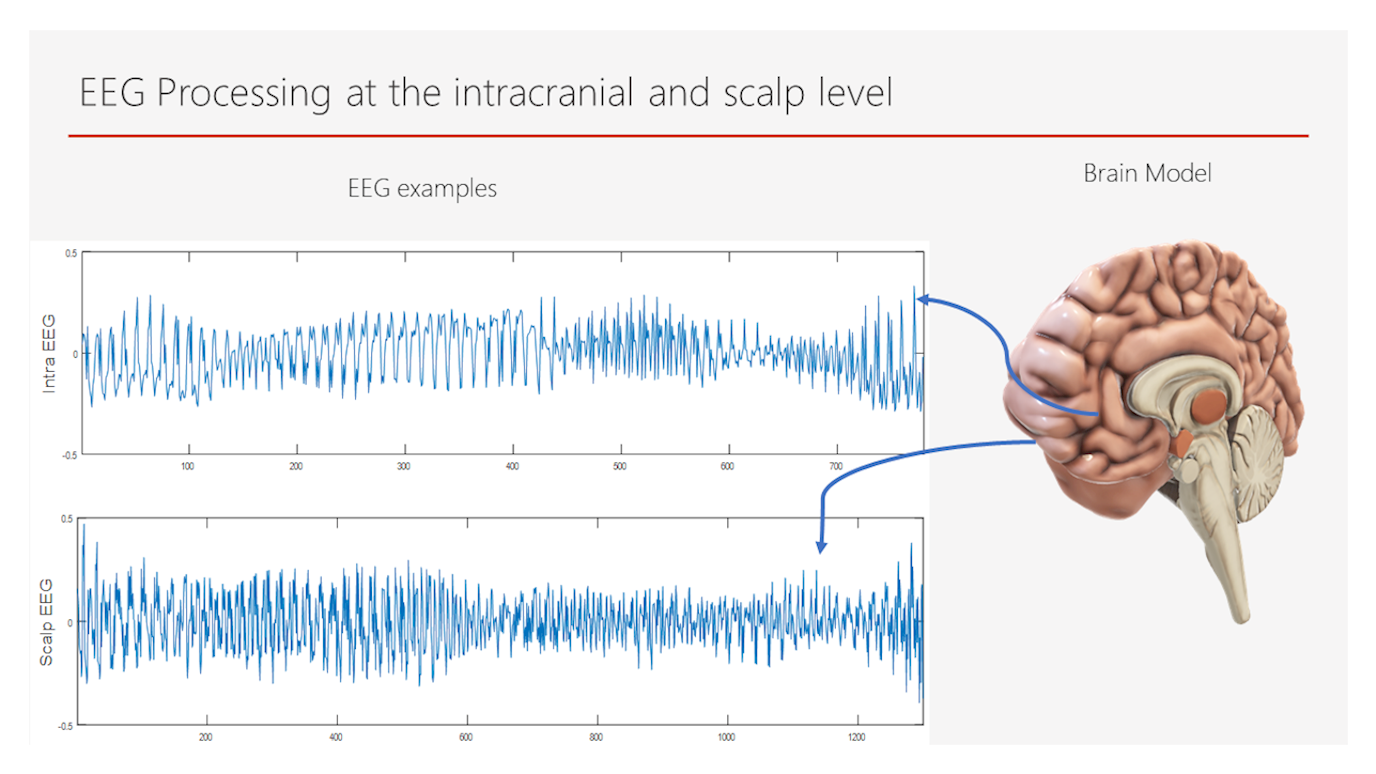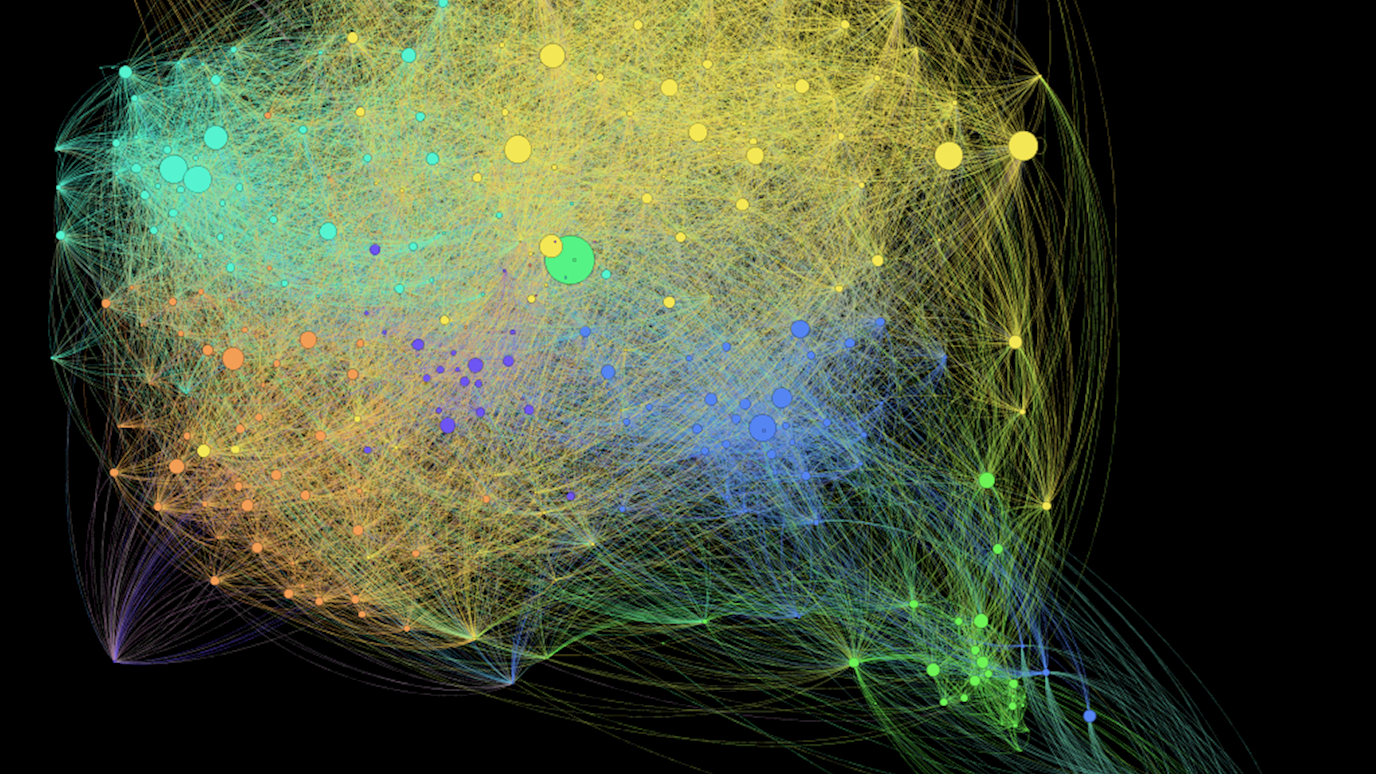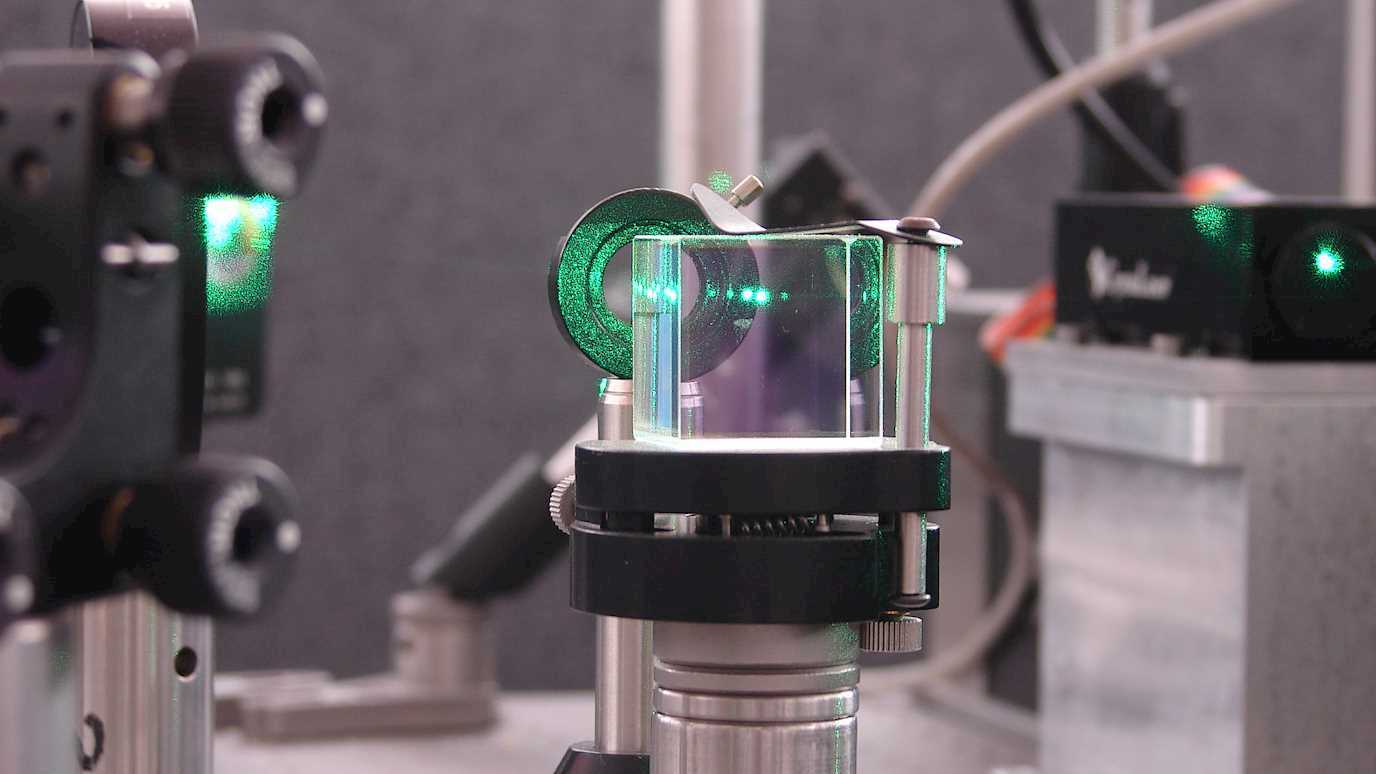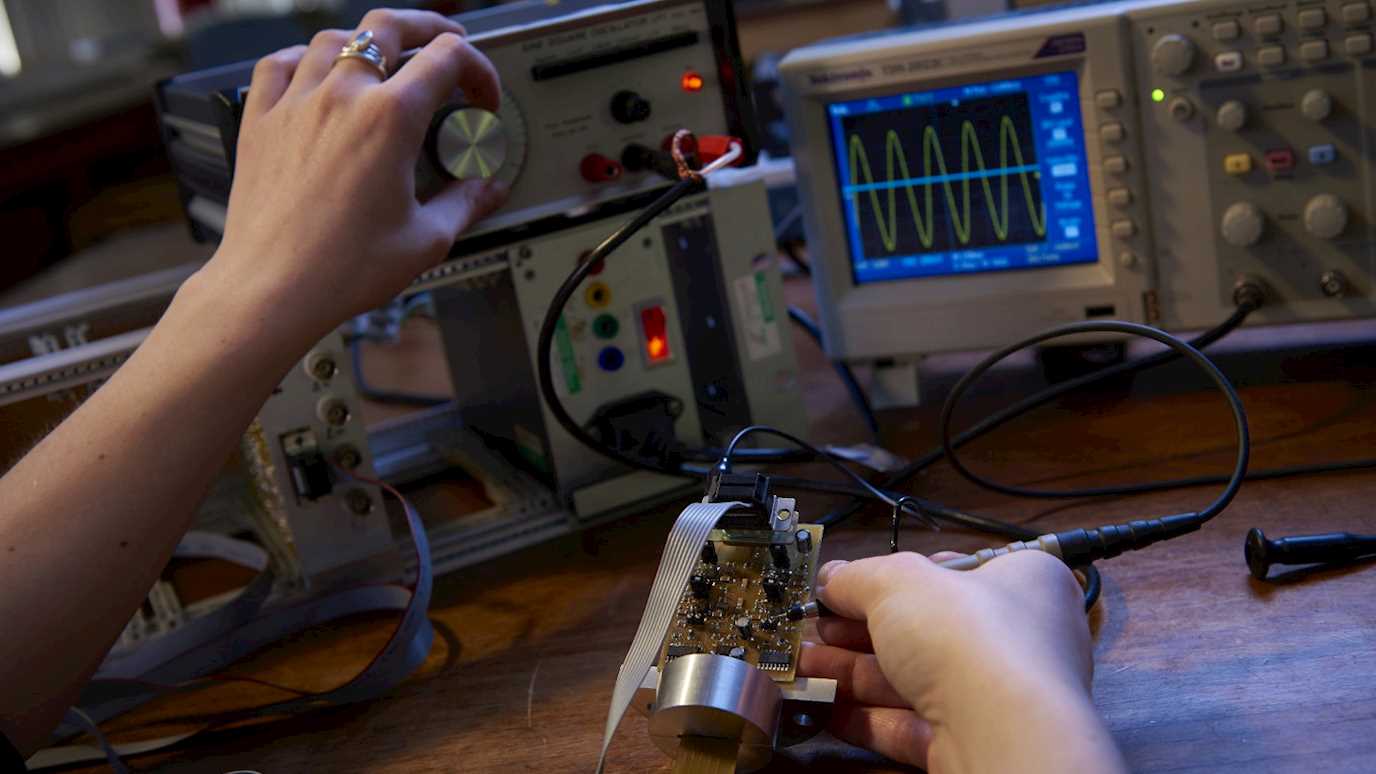Our interest in bio-engineering is not limited to the human voice. Making sense of biomedical signals for healthcare ranging from electrocardiogram and to more complex electroencephalogram figures prominently amongst our research activities. Artificial neural networks in the form of deep learning as well as advanced signal processing methods enable us to provide new technological tools for healthcare.
Deep learning for brain signals
We have exploited deep learning of neural networks to estimate electroencephalogram (EEG) signals generated deep inside the brain from non-invasive measurements taken from the scalp. This is useful, as this circumvents the need to perform brain surgery. Other EEG research problems that we have addressed include the prognosis of patients suffering from epilepsy, the analysis/prognosis of diseases such as Parkinson’s disease and Schizophrenia, the prediction of a person’s movement, and the monitoring of mental fatigue.
























